Disabilities in math affect many students — but get little attention
The Hechinger Report
OCTOBER 16, 2023
Laura Jackson became seriously concerned about her daughter and math when the girl was in third grade. While many of her classmates flew through multiplication tests, Jackson’s daughter struggled to complete her 1 times table. She relied on her fingers to count, had difficulty reading clocks and frequently burst into tears when asked at home to practice math flashcards.
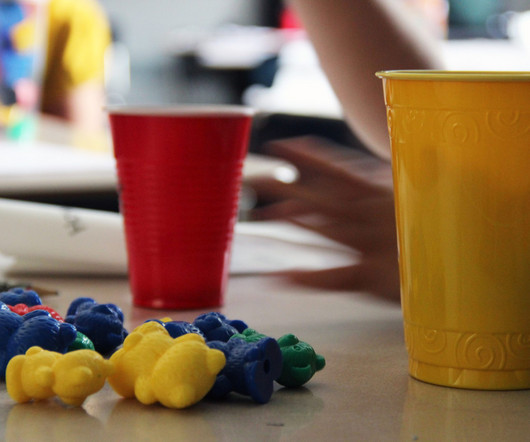
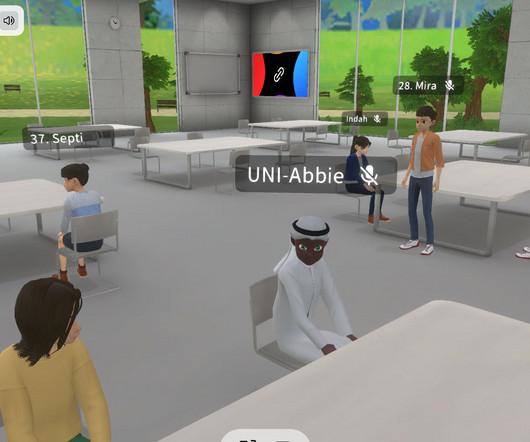
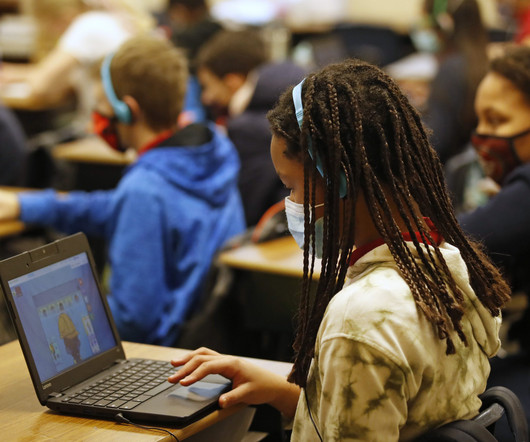

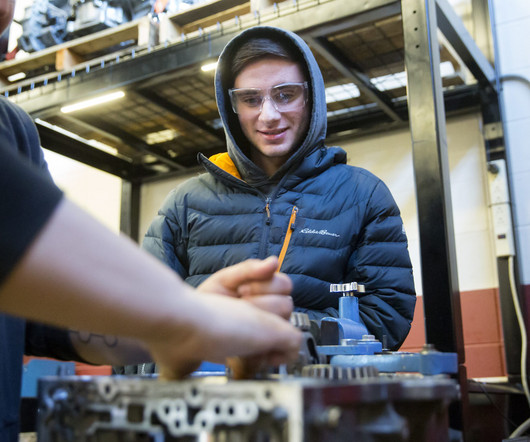
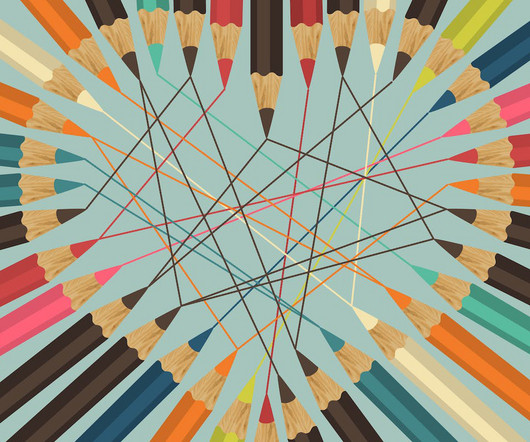







Let's personalize your content